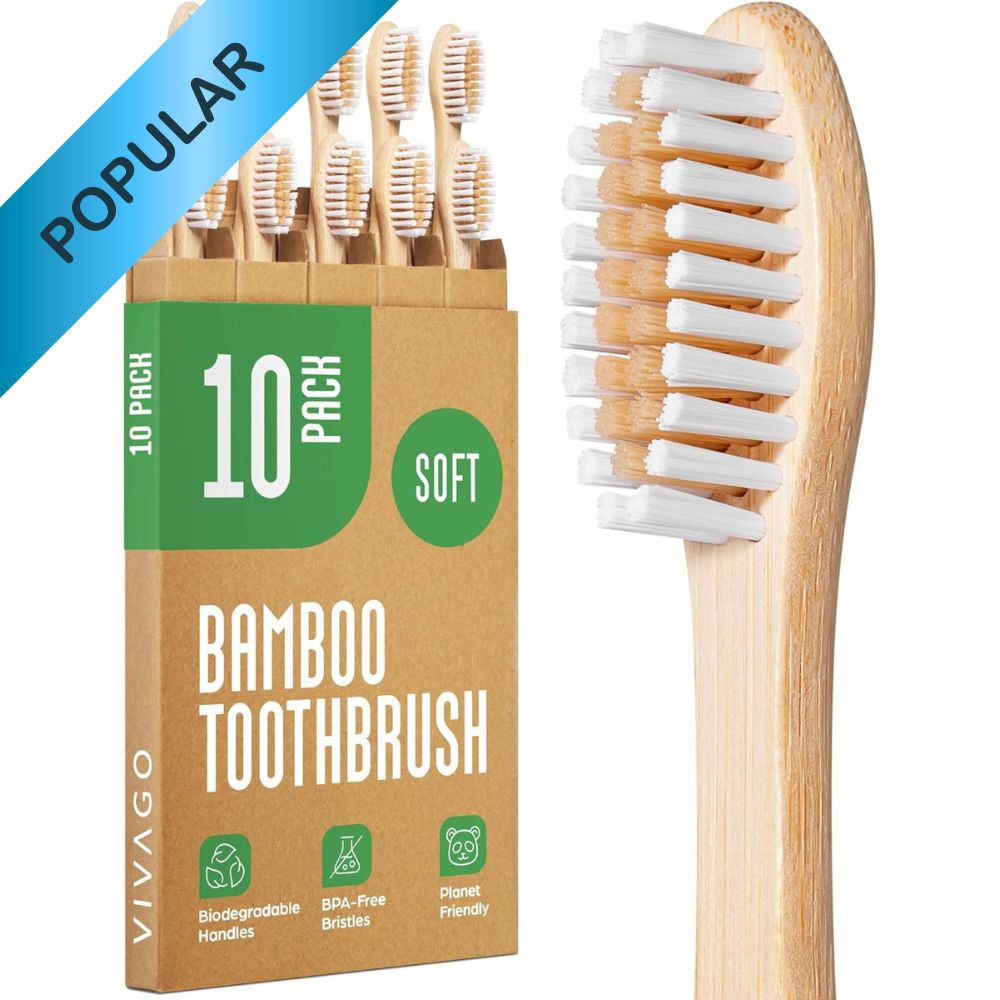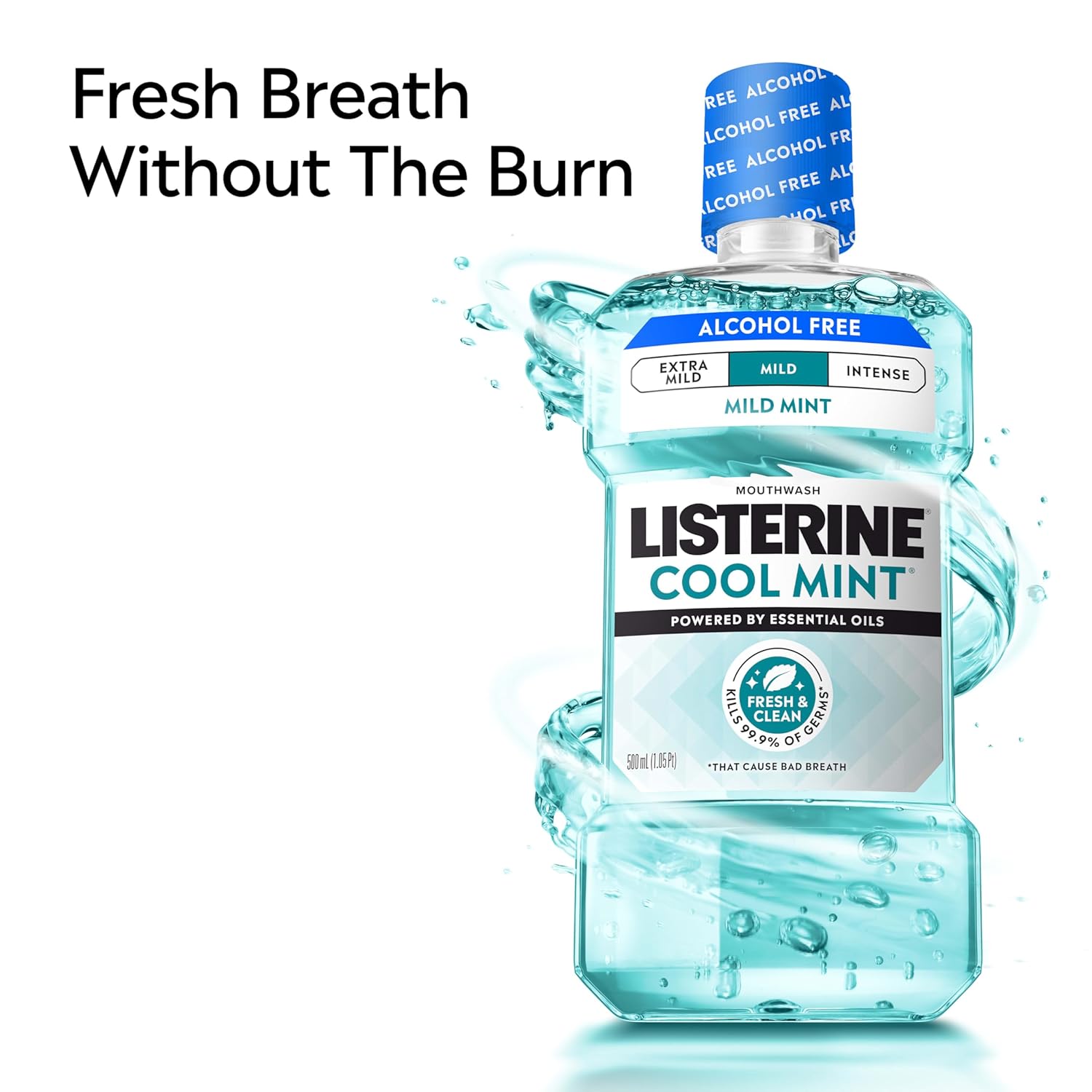Tooth pain and infections can be frustratingly painful and can escalate into more serious conditions if not treated properly. While conventional dental treatments are necessary in many cases, natural remedies like coconut oil for tooth infection and pain are gaining recognition for their supportive role in oral care.
Rich in antimicrobial compounds and celebrated for its soothing qualities, coconut oil has been used for centuries in traditional practices, especially Ayurveda. With modern research beginning to validate these age-old methods, it’s time to look deeper into how coconut oil benefits your teeth, relieves pain, and supports oral health.
- What Makes Coconut Oil Special for Teeth?
- Coconut Oil for Tooth Pain: Natural, Gentle Relief
- Coconut Oil for Tooth Infection: Can It Really Help?
- Top 10 Benefits of Coconut Oil for Tooth & Oral Health
- Expert Opinions: What Do Dentists & Studies Say?
- Realistic Expectations: What Coconut Oil Can and Can’t Do
- Tips for Best Use of Coconut Oil for Teeth
- Other Natural Oils That Pair Well with Coconut Oil
- References from Credible Medical Sources
- Frequently Asked Questions
- Final Thoughts: Should You Try Coconut Oil for Your Teeth?
🥥 What Makes Coconut Oil Special for Teeth?
The secret lies in its high content of medium-chain fatty acids, particularly lauric acid, which makes up nearly 50% of coconut oil. Lauric acid has demonstrated strong antimicrobial effects against bacteria, viruses, and fungi — making it especially powerful in the fight against oral pathogens.
Scientific Backing
A study published in PubMed Central found that lauric acid effectively inhibits the growth of Streptococcus mutans — one of the main bacteria involved in tooth decay and plaque formation. Moreover, coconut oil is mild, non-toxic, and doesn’t strip the enamel like some commercial mouthwashes.
📌 Note: Always opt for cold-pressed, organic virgin coconut oil for oral use — refined versions may lose much of their natural potency.
🦷 Coconut Oil for Tooth Pain: Natural, Gentle Relief
Toothache can result from sensitivity, gum disease, cavities, or even an infection. Coconut oil’s soothing properties make it a popular home remedy for those looking to reduce discomfort naturally.
How Does It Work?
Coconut oil works in several ways:
- Reduces inflammation around the gums and nerves
- Acts as a natural analgesic to dull sharp pain
- Provides a coating that shields sensitive areas
- Targets bacteria, potentially reducing the root cause of the pain
How to Use Coconut Oil for Tooth Pain
Here are three practical methods:
1. Oil Pulling Method (Most Effective)
- Take 1 tablespoon of organic virgin coconut oil
- Swish in your mouth for 15–20 minutes (do not swallow)
- Spit into the trash (not the sink, to avoid clogging)
- Rinse with warm water, then brush your teeth
This ancient Ayurvedic method is believed to “pull” toxins and bacteria out of the mouth, reducing oral inflammation and pain.
2. Direct Application
- Warm 1 teaspoon of coconut oil until it becomes liquid
- Soak a clean cotton ball or Q-tip and apply directly to the aching tooth
- Leave it for 10–15 minutes, then rinse
3. Soothing Mix with Clove Oil
- Mix a few drops of clove oil (natural analgesic) with 1 tsp of coconut oil
- Apply the mixture directly to the painful area for fast relief
⚠️ If the pain worsens or is accompanied by fever or swelling, seek dental care immediately. Coconut oil provides relief, not a cure for severe infections.
🦠 Coconut Oil for Tooth Infection: Can It Really Help?
Tooth infections are caused when bacteria penetrate deep into the tooth structure, reaching the pulp or surrounding gums. Coconut oil may not be a replacement for professional treatments like antibiotics or root canals, but it can support healing and minimize bacterial load during the early or healing phases.
How Coconut Oil Targets Infections
- Lauric acid disrupts the lipid membranes of harmful bacteria
- Anti-inflammatory action helps reduce swelling and redness
- Helps balance oral microbiome, preventing further infection
How to Use Coconut Oil for Tooth Infection
🧴 1. Daily Oil Pulling (Twice a Day for Infections)
Especially beneficial during the early stages of infection or after dental procedures.
🌿 2. Topical Use with Turmeric
- Mix 1 tsp of coconut oil with ¼ tsp turmeric (natural anti-inflammatory)
- Apply to the infected gum or area with a cotton swab
- Let sit for 10 minutes, rinse thoroughly
🧂 3. Coconut Oil + Saltwater Combo
- First rinse your mouth with warm salt water to cleanse
- Follow with a 15-minute oil pull using coconut oil
💡 Remember: In a 2022 review on the antimicrobial properties of natural oils published in the Journal of Herbal Medicine, coconut oil showed notable results against oral bacterial strains such as S. mutans and Candida albicans, suggesting potential as an adjunct oral therapy.
✅ Top 10 Benefits of Coconut Oil for Tooth & Oral Health
Using coconut oil for tooth health can yield numerous long-term benefits. Whether you’re oil pulling or using it as a mouth rinse, the advantages go beyond pain and infection relief.
1. Reduces Bad Breath (Halitosis)
Its antibacterial power kills odor-causing bacteria.
2. Whitens Teeth Naturally
Anecdotal evidence suggests regular oil pulling may help remove stains.
3. Prevents Cavities
By reducing acid-producing bacteria like S. mutans, coconut oil lowers your risk of decay.
4. Soothes Gum Inflammation
Especially helpful for those with gingivitis or swollen gums.
5. Combats Plaque Buildup
Cleans teeth surface and flushes out debris and bacteria.
6. Balances Oral pH
Creates a more alkaline oral environment where harmful bacteria struggle to thrive.
7. Strengthens Gums Over Time
Less inflammation means more resilient gum tissue.
8. Supports Healing After Procedures
Its anti-inflammatory action can soothe sore areas post-dental work.
9. Safe for Sensitive Mouths
Coconut oil is non-toxic and free from alcohol or synthetic ingredients.
10. Chemical-Free Alternative
An ideal choice for those avoiding commercial mouthwashes and artificial products.
✅ Note: You can incorporate coconut oil into your dental care even if you already use fluoride toothpaste. Use it before brushing to complement your routine.
🧠 Expert Opinions: What Do Dentists & Studies Say?
The American Dental Association (ADA) does not officially endorse oil pulling as a substitute for brushing and flossing, but it acknowledges the need for more research into natural remedies like coconut oil.
However, many holistic and integrative dentists support using coconut oil as a supplementary practice. According to Healthline, coconut oil is safe and may help reduce harmful bacteria, making it worth including in a broader oral care regimen.
Mayo Clinic and WebMD agree that while more evidence is needed, coconut oil is unlikely to cause harm when used responsibly, and it may offer benefits when combined with proper oral hygiene.
📝 Realistic Expectations: What Coconut Oil Can and Can’t Do
✔️ What It Can Do:
- Reduce bacterial load
- Alleviate mild to moderate tooth pain
- Support healing and inflammation reduction
- Improve general oral hygiene and freshen breath
❌ What It Can’t Do:
- Cure deep infections or abscesses
- Replace brushing, flossing, or dental visits
- Eliminate the need for antibiotics in severe cases
📌 Tips for Best Use of Coconut Oil for Teeth
To make coconut oil a part of your dental care routine:
- ✅ Use organic, unrefined coconut oil
- 🕐 Swish 15–20 minutes, not less than 10
- 🌅 Practice daily in the morning on an empty stomach
- 🚫 Do not swallow — spit it in a bin or tissue
- 🪥 Follow up with brushing and flossing
🌿 Other Natural Oils That Pair Well with Coconut Oil
For added effectiveness, consider combining coconut oil with these:
| Natural Oil | Benefit |
|---|---|
| Clove Oil | Strong pain reliever and antibacterial |
| Peppermint Oil | Freshens breath, cooling sensation |
| Tea Tree Oil | Potent antimicrobial, anti-inflammatory |
| Oregano Oil | Fights fungi and resistant bacteria |
📚 References from Credible Medical Sources
The following trusted sources support the use of coconut oil for oral hygiene:
- WebMD: Lists coconut oil as a home remedy with antibacterial benefits
- PubMed Central: Publishes multiple studies showing lauric acid’s antibacterial action
- ADA (American Dental Association): Encourages research into traditional practices like oil pulling
- Mayo Clinic: Advises safe use of coconut oil in moderation for oral support
📌 Key Note: Always inform your dentist if you’re incorporating natural remedies into your care, especially if you’re dealing with chronic gum issues or frequent infections.
🔍 Frequently Asked Questions
How often should I use coconut oil for oral health?
You can use it daily, ideally in the morning before brushing. For infections or pain, use 2–3 times per day.
Will coconut oil help a gum abscess?
It may reduce pain and inflammation, but a dental abscess typically needs antibiotics or a root canal. Use coconut oil only as support.
Can coconut oil pull out an infection?
Not literally. It helps reduce the bacterial load and inflammation but cannot remove pus or infection lodged deep inside a tooth.
What are signs coconut oil is working?
You may notice fresher breath, reduced gum bleeding, and less discomfort after consistent use over several days.
Is it safe to use coconut oil long term?
Yes, as long as it’s part of a comprehensive dental hygiene routine and used properly.
🪥 Final Thoughts: Should You Try Coconut Oil for Your Teeth?
If you’re searching for a natural, safe, and budget-friendly way to support your oral health, coconut oil for tooth infection and pain is worth trying. Backed by traditional use and emerging scientific studies, coconut oil may help relieve mild discomfort, reduce bacterial growth, and support gum health.
However, it’s essential to remember: coconut oil is a supportive remedy, not a primary treatment. Always combine it with brushing, flossing, regular dental check-ups, and professional treatments when needed.
Your smile is an investment — treat it with care, and let nature lend a hand.
Disclaimer: The content provided in this article is for educational and informational purposes only. It does not substitute professional medical advice, diagnosis, or treatment. For guidance specific to your dental condition or recovery, please consult your dentist, oral surgeon, or licensed healthcare provider.



















0 Comments